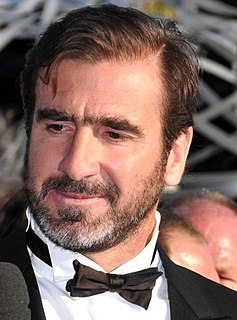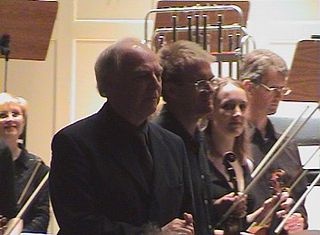A Quote by Edward Zwick
To me this movie is about what is valuable. To one person it might be a stone; to someone else, a story in a magazine; to another, it is a child. The juxtaposition of one man obsessed with finding a valuable diamond with another man risking his life to find his son is the beating heart of this film.
Related Quotes
Miserable is the man who loves a woman and takes her for his wife, pouring at her feet the sweat of his skin and the blood of his body and the life of his heart, and placing her in the hands of the fruit of his toil and the revenue of his diligence; for when he slowly wakes up, he finds that the heart that he endeavored to buy is given away freely and in sincerity to another man for the enjoyment of its hidden secrets and deepest love.
A good father. A man with a head, a heart, and a soul. A man capable of listening, of leading and respecting a child, and not of drowning his own defects in him. Someone whom a child will not only love because he's his father, but will also admire for the person he is. Someone he would want to grow up to resemble.
He did not know that the new life would not be given him for nothing, that he would have to pay dearly for it, that it would cost him great striving, great suffering. But that is the beginning of a new story -- the story of the gradual renewal of a man, the story of his gradual regeneration, of his passing from one world into another, of his initiation into a new unknown life. That might be the subject of a new story, but our present story is ended.
First of all, although men have a common destiny, each individual also has to work out his own personal salvation for himself in fear and trembling. We can help one another to find the meaning of life no doubt. But in the last analysis, the individual person is responsible for living his own life and for "finding himself." If he persists in shifting his responsibility to somebody else, he fails to find out the meaning of his own existence. You cannot tell me who I am and I cannot tell you who you are. If you do not know your own identity, who is going to identify you?
Here's a strange fact: murder a man, and you feel responsible for his life - ''possessive'', even. You know more about him than his father and mother; they knew his fetus, but you know his corpse. Only you can complete the story of his life, only you know why his body has to be pushed into the fire before its time, and why his toes curl up and fight for another hour on earth.
Solitude is the profoundest fact of the human condition. Man is the only being who knows he is alone, and the only one who seeks out another. His nature - if that word can be used in reference to man, who has ‘invented’ himself by saying ‘no’ to nature - consists in his longing to realize himself in another. Man is nostalgia and a search for communion. Therefore, when he is aware of himself he is aware of his lack of another, that is, of his solitude.
When I look at Jesus' warm and intimate friendships, my heart fills with praise that Jesus was. . . a man. A man of flesh-and-blood reality. His heart felt the sting of sympathy. His eyes glowed with tenderness. His arms embraced. His lips smiled. His hands touched. Jesus was male! Jesus invites us to relate to him as the Son of Man. And because he is fully man, we can relate to Jesus with affection and love.
When one person is struck by the Word, he speaks it to others. God has willed that we should seek and find His living Word in the witness of a brother, in the mouth of man. Therefore, the Christian needs another Christian who speaks God’s Word to him. The Christ in his own heart is weaker than the Christ in the word of his brother; his own heart is uncertain, his brother’s is sure.
His wry sense of humour and his stalwart courage were an inspiring example to so many. His ability to laugh at Life's idiosyncrasies and himself in a self deprecating way taught that most valuable of lessons: 'to be of good cheer, no matter what Life threw at you, and ever to find the hope that dwells in every human heart'.






































